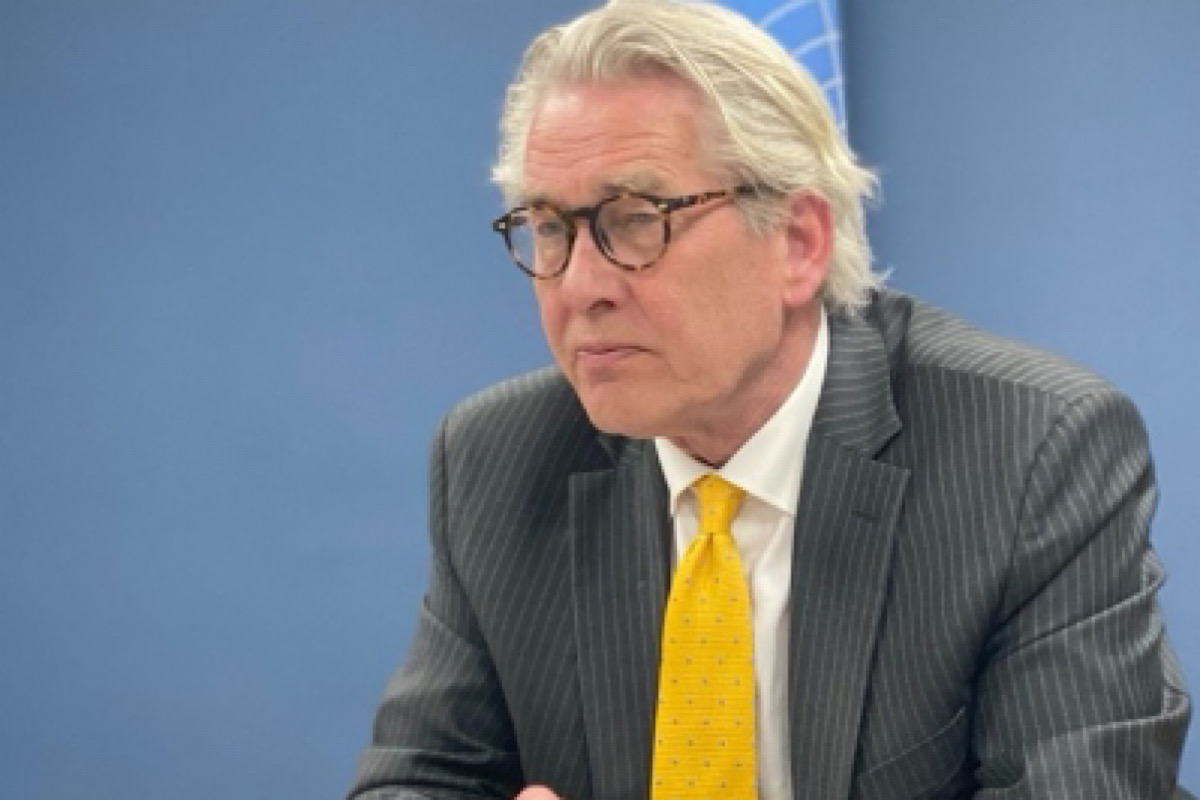Jet Dilemma
India’s fighter jet procurement strategy is at a crossroads, caught between immediate operational needs and long-term self-reliance goals.
UN Special Coordinator for the Middle East Peace Process, Tor Wennesland, has called for the resumption of negotiations between Israel and Hamas.

UN Middle East envoy calls for resumption of Israel-Hamas talks
UN Special Coordinator for the Middle East Peace Process, Tor Wennesland, has called for the resumption of negotiations between Israel and Hamas.
“I urge the parties to redouble all efforts and return to the negotiating table immediately and in good faith,” Wennesland told the UN Security Council on Monday.
Advertisement
“If talks do not resume, I fear for the worst for the beleaguered and terrified civilians in Rafah, for the hostages held in unimaginable conditions for more than 225 days, and for an overstretched humanitarian operation that remains on the brink inside the (Gaza) Strip,” he said as quoted by Xinhua news agency report.
Advertisement
Just two weeks ago negotiations were taking place in Cairo with the support of Egypt, Qatar, and the US. However, those talks ended on May 9 without agreement, he noted.
“Regrettably we face yet another precipice of further catastrophe in Gaza amid stalled talks between the parties to secure the release of all hostages held in Gaza and a cease-fire to provide much-needed relief to the civilian population,” he said.
Wennesland reiterated the United Nations’ full support to the mediators and its willingness to support the implementation of a deal between Israel and Hamas.
Since the first week of May, the security situation in Rafah has been rapidly worsening as the Israeli military operations and maneuvers in and around Rafah intensified, he said.
UN Secretary-General Antonio Guterres, alongside numerous international partners and concerned neighbours, has voiced serious objection to a military operation in Rafah amid clear indications of its devastating consequences for the civilian population, he added.
“Saving lives and addressing the critical needs in Rafah and Gaza more broadly must remain our immediate priority. I reiterate the Secretary-General’s call for a humanitarian cease-fire,” Wennesland said.
“At the same time, we must not lose sight of the risks that these immediate threats pose to prospects for a resolution to this conflict and for longer-term peace and stability in the region.”
He voiced concern that the failure to reach a cease-fire in Gaza and a large-scale military operation in Rafah exacerbates the risk of escalating regional tensions. He reiterated that there can be no long-term solution in Gaza that is not fundamentally political.
The devastation and misery of the past seven months have reinforced a simple truth.
Palestinians and Israelis can no longer wait to establish a viable political horizon to end the conflict and establish a two-state solution, he said.
“Day after day we are witnessing the deadly consequences of inaction. Now is the time to lay the foundations for a better future for Palestinians, Israelis, and the broader region.”
Advertisement